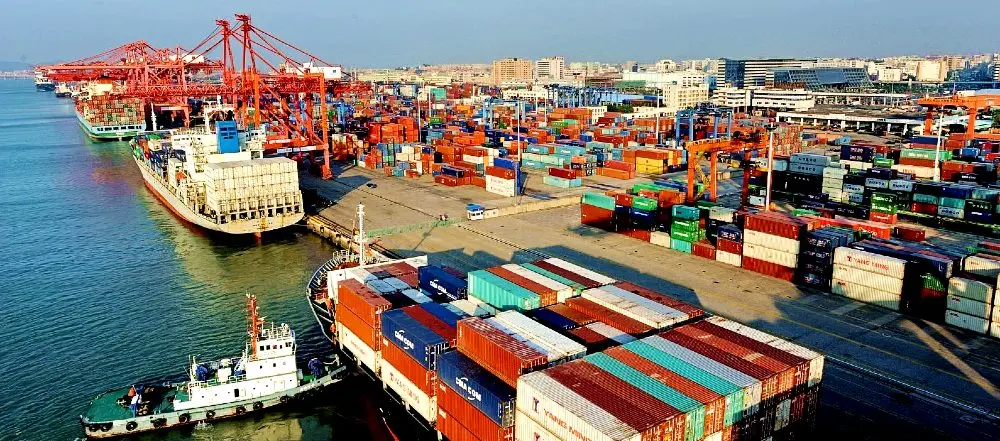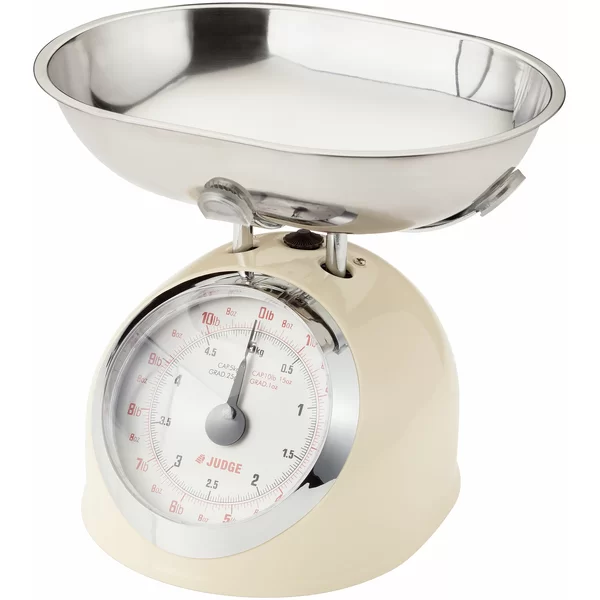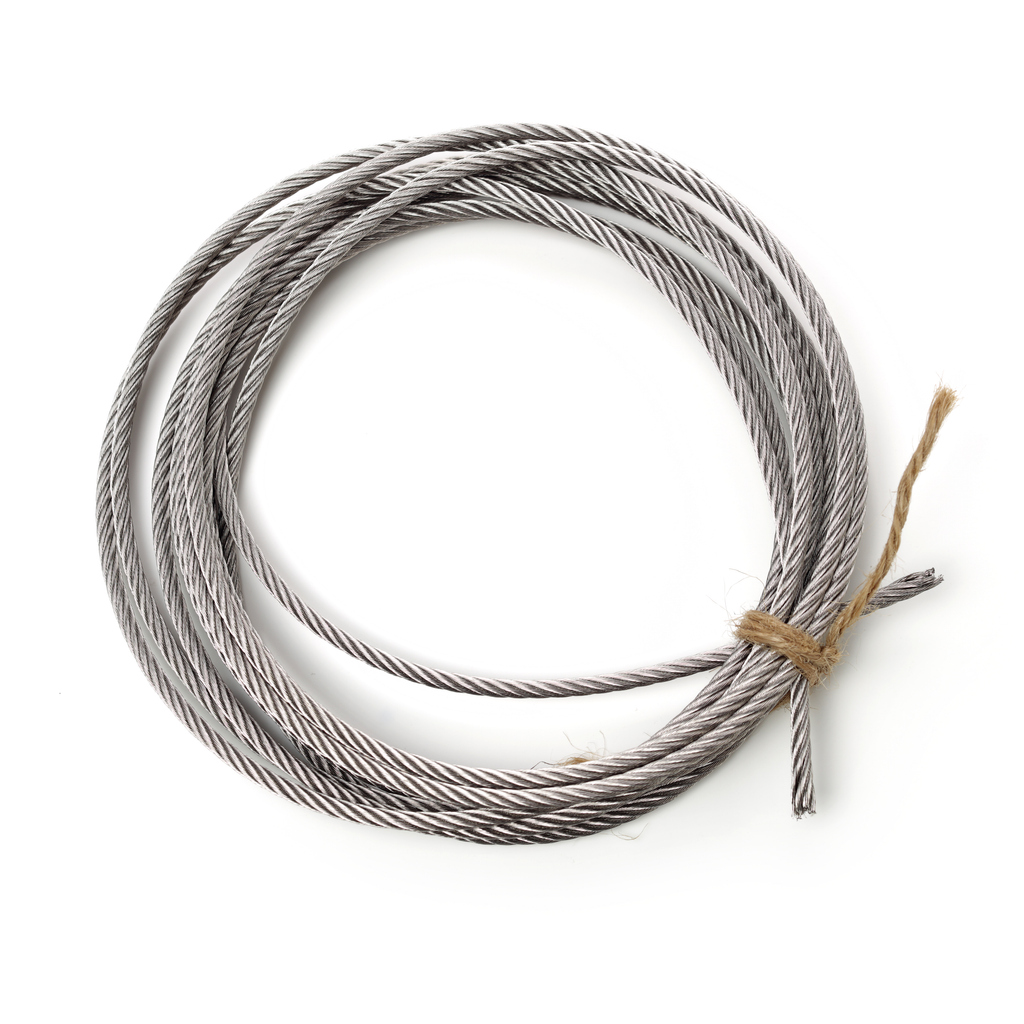Public Procurement in Maritime Projects in Nigeria: Challenges and Opportunities
Public procurement plays a pivotal role in shaping Nigeria’s maritime infrastructure, from port development and dredging to vessel acquisition and logistics management. As the country strives to modernize its maritime sector to support economic growth, the effectiveness of procurement processes directly influences project outcomes.
Understanding how public procurement functions in maritime projects in Nigeria—and where improvements are needed—can help industry players, investors, and suppliers navigate opportunities more effectively. At Wigmore Trading, we leverage deep regional insights and logistics expertise to support government and private sector partners involved in maritime development.
What Is Public Procurement in Maritime Projects?
Public procurement refers to the processes by which government agencies source goods, services, and infrastructure from external suppliers. In maritime projects, this encompasses activities such as:
-
Port expansion and terminal upgrades
-
Shipyard construction and vessel acquisition
-
Dredging and underwater engineering
-
Buoy and navigational system procurement
-
Customs and marine surveillance equipment
-
Marine logistics and supply services
Agencies such as the Nigerian Ports Authority (NPA), Nigerian Maritime Administration and Safety Agency (NIMASA), and the Ministry of Transportation typically oversee these projects through public tenders.
Key Challenges in Maritime Public Procurement in Nigeria
Despite ambitious plans to upgrade Nigeria’s maritime infrastructure, several challenges persist:
1. Bureaucratic Delays
Lengthy approval processes and multiple layers of government oversight often lead to procurement delays, increasing project costs and time overruns.
2. Transparency and Compliance Issues
Concerns over opaque tendering procedures and limited public disclosure can undermine trust in the procurement process, discouraging reputable international contractors from participating.
3. Limited Technical Expertise
Some tenders are written without adequate understanding of technical maritime requirements, leading to poor vendor selection and project execution risks.
4. Currency and Payment Risks
Due to Nigeria’s FX volatility, international suppliers face uncertainties around contract payments, particularly in USD-denominated tenders.
5. Logistical Bottlenecks
Poor port infrastructure, customs delays, and inefficient inland transport systems can impact the delivery of procured equipment and supplies.
Opportunities for Stakeholders
Despite the challenges, significant opportunities exist for businesses that understand the system and can offer compliant, value-driven solutions:
-
Vessel Supply and Marine Equipment – There’s growing demand for tugboats, patrol boats, dredgers, and marine safety gear.
-
Construction & Engineering Firms – Port upgrades and shipyard development projects are on the rise.
-
Technology Providers – GPS navigation, port automation, and marine surveillance systems are in high demand.
-
Local Partnerships – Nigerian content requirements favor joint ventures with domestic firms, creating room for strategic partnerships.
How Wigmore Trading Can Help
Wigmore Trading acts as a trusted logistics and procurement partner in maritime and government-backed infrastructure projects. Our value proposition includes:
-
Efficient Sourcing – We help identify and procure reliable maritime equipment and machinery from vetted international suppliers.
-
Import & Customs Expertise – Our team ensures smooth clearance of goods through Nigeria’s port system, mitigating delays and compliance risks.
-
Project Supply Support – Whether it’s safety equipment for dredging operations or spare parts for port cranes, we support the full supply chain.
-
Government Contract Navigation – With years of experience operating in regulated sectors, we help clients navigate public procurement protocols confidently.
From tender to delivery, Wigmore Trading can help you succeed in Nigeria’s evolving maritime industry.
Conclusion
Public procurement is essential to Nigeria’s maritime development, but it comes with complexity. With the right strategy and reliable partners like Wigmore Trading, suppliers and project contractors can tap into the sector’s growing opportunities while minimizing risks.
Contact Wigmore Trading today to learn how we can support your maritime procurement needs.








Comments are closed.